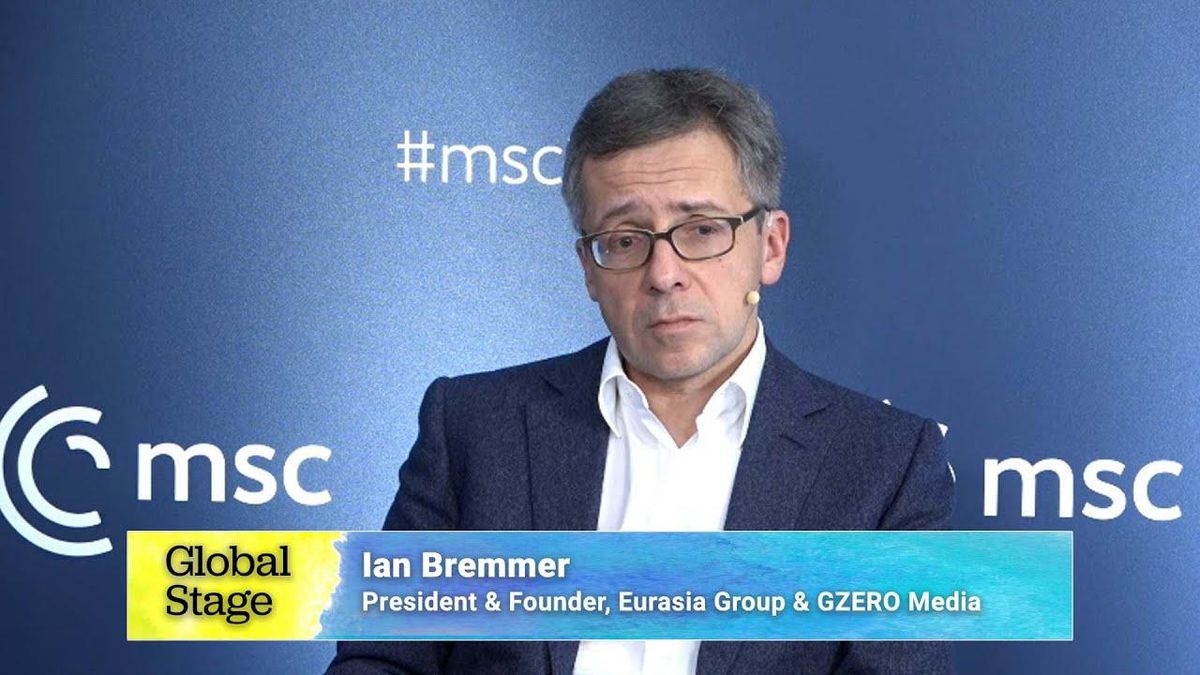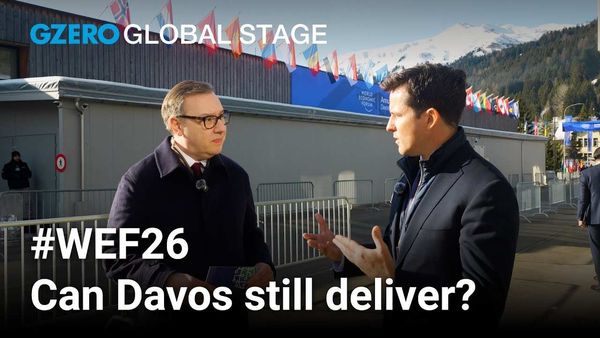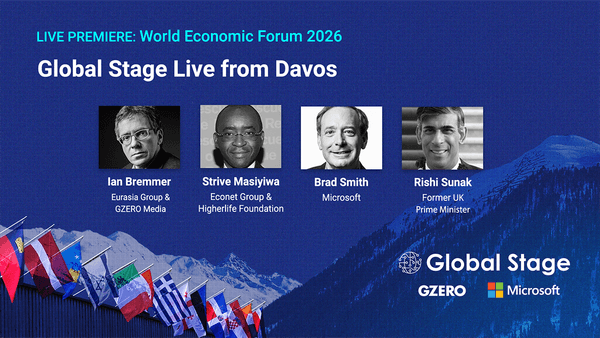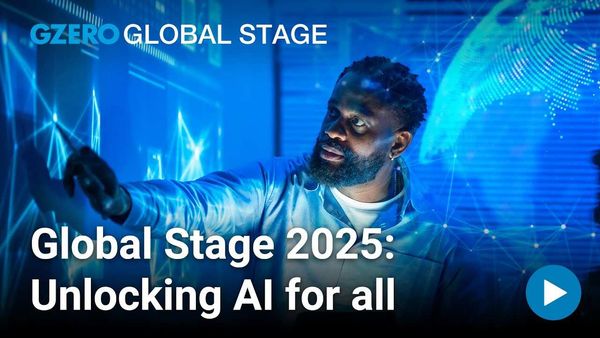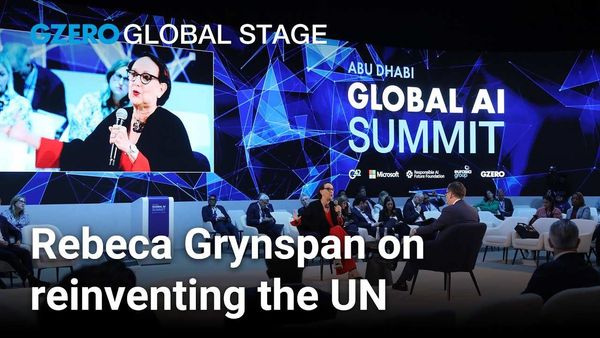US & NATO will draw a hard line on Russian aggression in Ukraine – Ian Bremmer
In recent years, the US has often shown an “unwillingness” to do much in response to states and non-state actors taking swings at values-based norms, GZERO President Ian Bremmer said recently at the Munich Security Conference. We saw that when the US failed to enforce its "red line" in Syria in 2013, when Russia annexed Crimea in 2014, as well as when the military junta stole power in Myanmar a year ago, Bremmer says. So will Ukraine be any different? Bremmer thinks it will: it seems there’s been “a decision by the United States and all of its allies that this line is too far. Enough!”
Bremmer spoke with moderator David Sanger in GZERO Media's Global Stage livestream discussion at the Munich Security Conference.
From Your Site Articles


